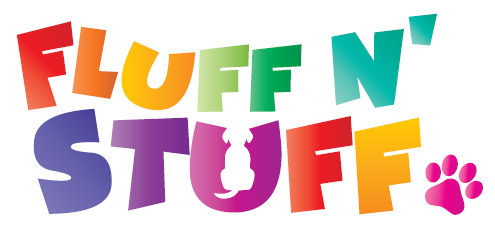In the exciting journey of raising a puppy, one of the key elements to ensure their well-being and happiness is the selection of appropriate chew toys. These toys are not just playthings; they play a crucial role in your puppy's overall development, including dental health, cognitive growth, and behavior training. However, the vast array of chew toys available in the market can make this choice overwhelming. From soft plushies to tough rubber, each type of toy serves a different purpose and meets different needs. This article aims to guide you through the maze of options, helping you understand the specific requirements of your furry companion based on their age, breed, and chewing habits. Whether you have a teething puppy who needs relief or an energetic young dog that demands durable toys, the right selection can significantly impact their growth and happiness. Let's dive into the world of puppy chew toys, where safety meets fun, to ensure your pup gets the best out of their playtime.
Understanding Your Puppy's Chewing Needs
Understanding your puppy's chewing needs is key to selecting the right toys and ensuring their healthy development. Chewing is a natural behavior that varies significantly depending on your puppy's age, breed, and individual characteristics. For instance:
- Age Factor: Puppies go through a teething phase where they need to chew more to soothe their gums. Older puppies might chew to explore their environment or as a part of play.
- Breed Differences: Large breeds often require sturdier toys that can withstand powerful jaws. In contrast, smaller breeds might prefer softer, more manageable toys.
- Individual Preferences and Behaviors: Just like humans, puppies have unique personalities. Some might be aggressive chewers, while others prefer gentle gnawing. Observing your puppy's chewing style is crucial.
This section aims to equip you with the knowledge to understand these varying needs. Recognizing these factors will not only prevent destructive chewing behaviors but also ensure your puppy's safety and satisfaction with their toys. Tailoring your choices to your puppy's specific needs is a vital step in nurturing a happy, healthy, and well-behaved companion.

